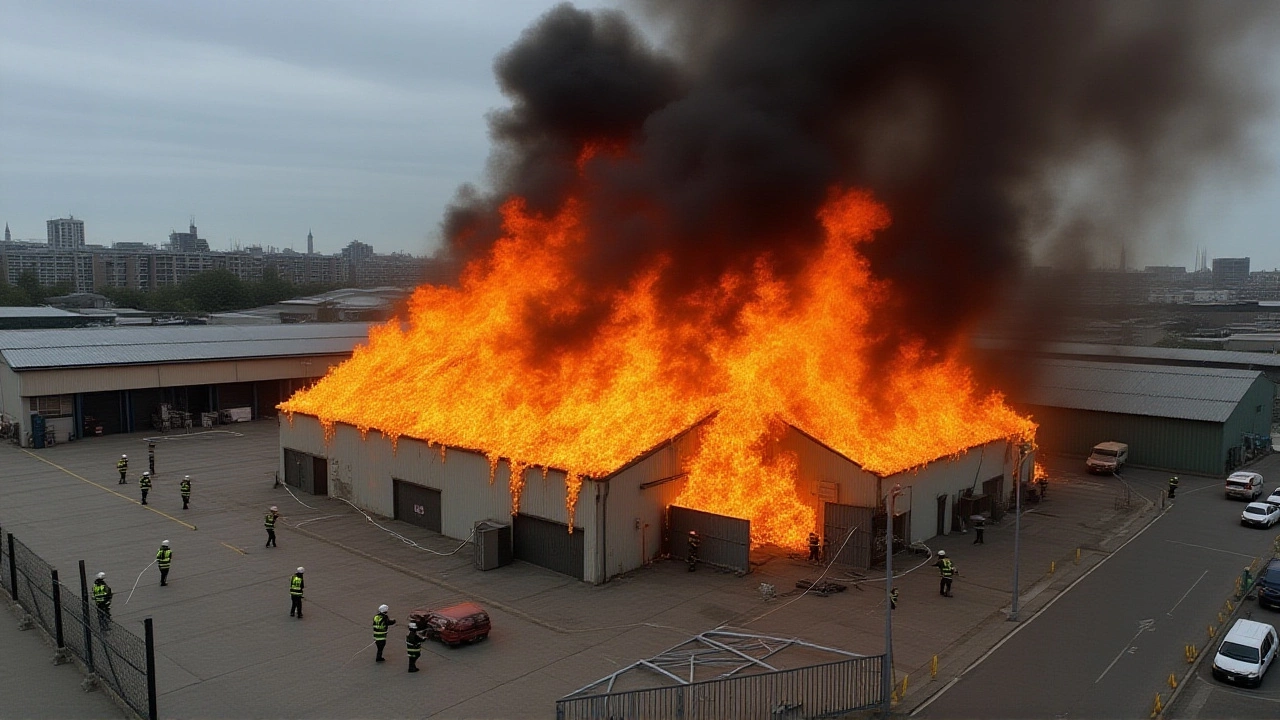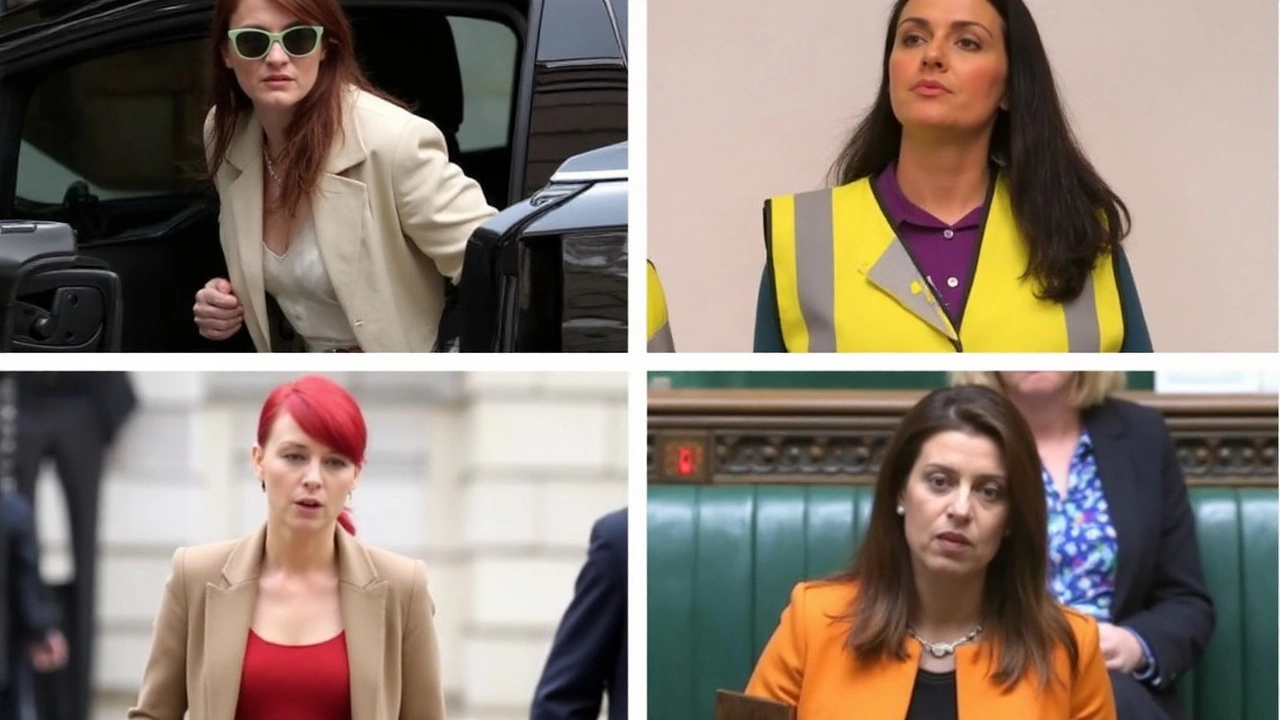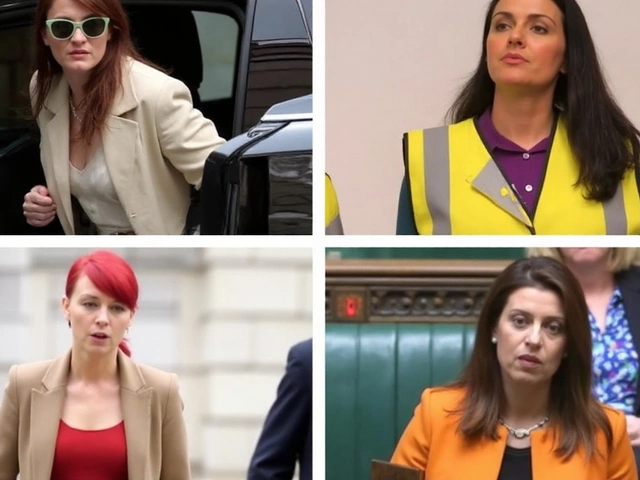UK Politics – Latest Labour Reshuffle and What It Means
Big changes are shaking up the UK political scene right now. Angela Rayner walked out of her roles as deputy prime minister and housing secretary after a tax mishap, and Keir Starmer wasted no time reshuffling the cabinet. If you follow politics, this is the kind of fast‑moving drama you want to understand.
Why Rayner's Resignation Matters
Rayner's exit isn’t just another resignation. It hurts Labour’s credibility because she was a front‑bench face for the party’s working‑class roots. The tax underpayment – £40,000 – sparked questions about transparency and trust. Voters who once saw her as a champion now wonder if the party can keep its promises.
Beyond the personal fallout, the resignation forces Starmer to prove his leadership chops. He can’t afford a slow response, so he pulled twelve ministers into new slots and kicked out two, including Ellie Reeves. The quick move aims to show a government that’s decisive, not stuck in endless infighting.
Starmer's Quick Fix: The New Line‑up
The reshuffle brought Pat McFadden to the helm of a fresh growth‑focused department. That signals Labour’s shift toward economic recovery and job creation, which aligns with voter concerns about inflation and wages. Meanwhile, heavy‑hitters Ed Miliband and Rachel Reeves stayed put, giving the team some continuity.
Critics call it a “crisis management” move, but Starmer frames it as a reset. He argues the changes will make the party more agile and better equipped for the next election. Whether that’s true will depend on how quickly the new ministers can roll out policies that matter to everyday people.
For anyone tracking UK politics, the key takeaway is that Labour is trying to turn a scandal into a chance to show a fresh direction. The party’s internal dynamics, public perception, and policy priorities are all in flux.
What does this mean for you, the regular voter? Expect more announcements about economic plans in the coming weeks. Keep an eye on how the new growth department tackles issues like small‑business support and regional development. Those moves could directly affect job prospects in your area.
If you’re curious about the broader picture, remember that opposition parties will try to capitalize on any missteps. The Conservative Party, still governing, will likely highlight Labour’s instability to bolster their own standing. That tug‑of‑war can shape the headlines you see every day.
Want to stay ahead of the curve? Follow our updates for plain‑English breakdowns of each new policy, insider comments from MPs, and easy‑to‑understand analysis of what these moves mean for the UK’s future.
Bottom line: Angela Rayner’s resignation set off a chain reaction that has reshaped the Labour leadership overnight. Keir Starmer’s rapid reshuffle is a test of his ability to manage crises and deliver on promises. The next few months will reveal whether this gamble pays off or leaves the party scrambling for direction.


Angela Rayner quit as deputy PM and housing secretary after underpaying £40,000 in tax, prompting Keir Starmer to push through a rapid reshuffle. Twelve ministers were moved and two ousted, including Ellie Reeves, while Ed Miliband and Rachel Reeves stayed put. Pat McFadden now leads a new growth-focused department. Labour insists it’s not a crisis, but the stakes are high. (Read More)



